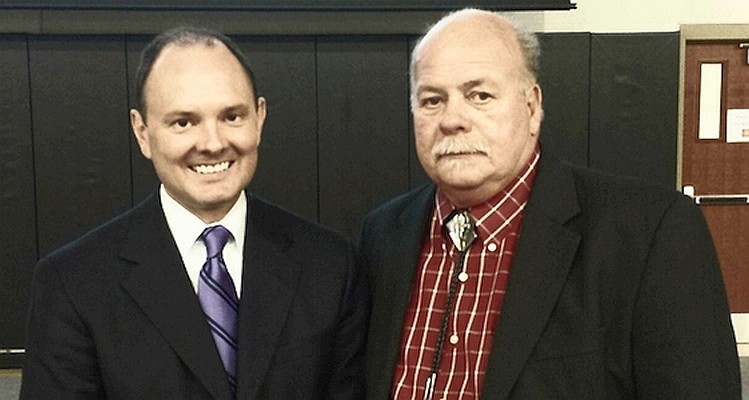Both the Schaghitcoke Tribe and MGM Resorts International have legally challenged the 2015 gaming act of the state of Connecticut to no avail. MGM Resorts International’s lawsuit against the state was dismissed by a federal judge six weeks ago while the Schaghitcoke Tribe has withdrawn their parallel lawsuit just two days ago.
The tribe decided to voluntarily dismiss their lawsuit this past Wednesday based on a recent filing in court. The suit was reportedly being funded at least in part by MGM Resorts International, a group that is creating a casino in Springfield. That venue will be in competition with a proposed gaming venue for the northern portion of the state.
The tribe withdrew their suit without prejudice which gives them the right to file again. MGM has appealed their lawsuit. Both groups are arguing that the 2015 law is unconstitutional as it favors the two tribes, the Mohegan and Mashantucket-Pequot tribes, the current tribal casino operators of the state. Schaghticoke believes that the state unfairly chose the other two tribes without giving others the option to be involved.
It was back in March that the Schaghticoke Tribe Chief stated that he would be partnering with the MGM group to fight the gaming act via lawsuit. MGM had filed a lawsuit in August of 2015. MGM’s suit argued that the gaming act was in violation of the Equal Protection and Commerce clauses found in the constitution. MGM Resorts International reportedly has mutual interests with the tribe, a group that continues to fight for federal recognition within the state and the right to develop a casino.
When the Schaghticoke lawsuit was filed, the tribe listed the lawsuit of MGM as a related case but the two groups did not use the same lawyers. The tribe worked with Kasowitz, Benson, Torres & Friedman with MGM being represented by Covington & Burling as well as Carmody Torrance Sandak & Hennessey.
Richard Velky, the Chairman of the Schaghticoke Tribal Nation, commented in a statement which was released by public relations that while the tribe believes that Special Act 15-7 is in violation of the United States constitution as well as the Connecticut constitution in several ways, including denying STN a fair and equal opportunity to compete for the State’s first commercial casino, we are choosing to focus our resources on the upcoming 2017 legislative session, which will present a critical opportunity for the General Assembly to fix Special Act 15-7’s anti-competitive and unconstitutional framework. The tribe will continue to evaluate their options for litigation after the United States Court of Appeals for the Second Circuit rules on MGM’s appeal and after the legislative session of 2017.



